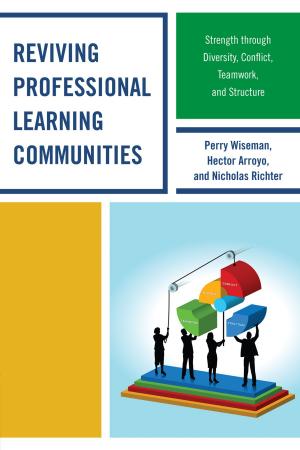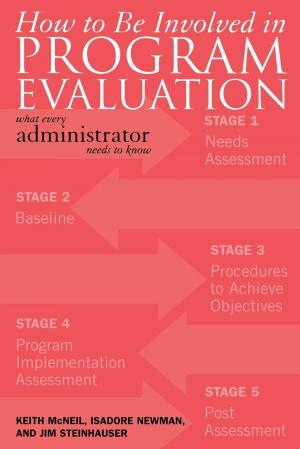Re-Awakening the Learner
Creating Learner-Centric, Standards-Driven Schools
Nonfiction, Reference & Language, Education & Teaching, Teaching, Teaching Methods| Author: | Copper Stoll, Gene Giddings | ISBN: | 9781610486989 |
| Publisher: | R&L Education | Publication: | May 31, 2012 |
| Imprint: | R&L Education | Language: | English |
| Author: | Copper Stoll, Gene Giddings |
| ISBN: | 9781610486989 |
| Publisher: | R&L Education |
| Publication: | May 31, 2012 |
| Imprint: | R&L Education |
| Language: | English |
Transformation of public education requires the reawakening of the sleeping giant in the room: the learners. Students, teachers, and principals must develop a learner-centric, standards-driven school. Reawakening the Learner is a guide to creating just such an environment. Continua describe the journey of teachers, teacher leaders, and principals in partnering with learners. Adult-driven routines must be replaced with learner-centric practices.
All stakeholders must identify a common moral purpose, create a culture that supports change, and commit to the learner improvement cycle. Common moral purpose must be driven by beliefs and behaviors that support all learners to proficiency. School culture must be developed to be ready for change, have enough trust in one another to doubt current practices, and develop collective efficacy. This new culture will support the components of the learner improvement cycle (assessment, evaluation, planning, and learning) by involving the learners during each step of the cycle.
The authors call for national dialogue with educational experts to reinvent public education, where all students are given enough time and support to reach proficiency on the standards.
Transformation of public education requires the reawakening of the sleeping giant in the room: the learners. Students, teachers, and principals must develop a learner-centric, standards-driven school. Reawakening the Learner is a guide to creating just such an environment. Continua describe the journey of teachers, teacher leaders, and principals in partnering with learners. Adult-driven routines must be replaced with learner-centric practices.
All stakeholders must identify a common moral purpose, create a culture that supports change, and commit to the learner improvement cycle. Common moral purpose must be driven by beliefs and behaviors that support all learners to proficiency. School culture must be developed to be ready for change, have enough trust in one another to doubt current practices, and develop collective efficacy. This new culture will support the components of the learner improvement cycle (assessment, evaluation, planning, and learning) by involving the learners during each step of the cycle.
The authors call for national dialogue with educational experts to reinvent public education, where all students are given enough time and support to reach proficiency on the standards.















